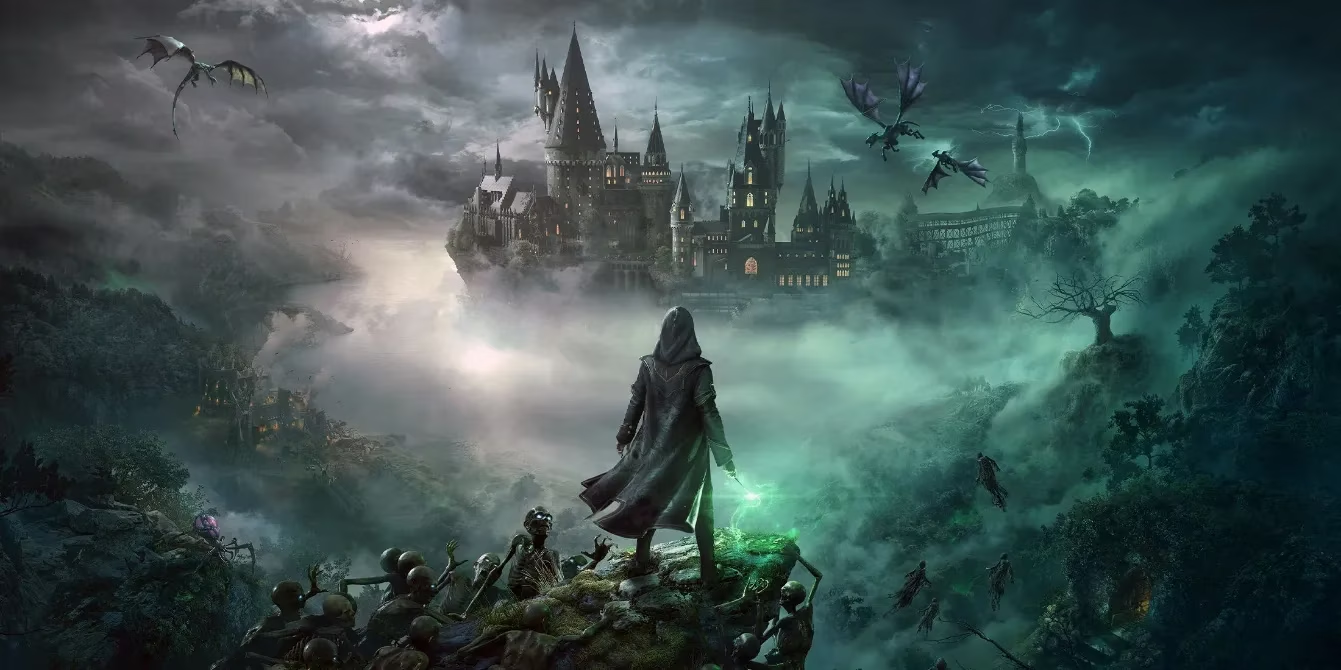I'll never forget that first breathtaking flight over Hogwarts castle, the stone turrets glowing amber in the sunset as my broom sliced through the Scottish mist. For hours, I lost myself in potion classrooms and forbidden corridors, marveling at how perfectly Avalanche Software had translated Rowling's universe into interactive magic. Yet as weeks passed, a peculiar emptiness settled over my adventures. My Unforgivable Curses felt weightless when cast on poachers, my promises to classmates dissolved like smoke, and my darker choices evaporated without consequence. Where was the moral tension that defines this world? Where were the repercussions that should've rattled my conscience? The absence haunted me like a ghost in the Slytherin dungeons.

Modern RPG giants like Baldur's Gate 3 spoiled me with their branching narratives where every dialogue choice sends tremors through the story. Even the upcoming Fable reboot promises moral systems baked into its DNA. Yet in Hogwarts Legacy, my Crucio curse felt no different ethically from flipping a chocolate frog card. I'd deliberately tested boundaries - stealing from Hogsmeade shops at midnight, lying to professors with smirking dialogue options - yet the world remained stubbornly indifferent. It's astonishing to learn this wasn't always the plan. Dataminers uncovered scrapped code revealing what could've been: a crime-and-punishment system where Avada Kedavra would instantly max your wanted level, culminating in a terrifying one-way trip to Azkaban. Imagine dementors swirling overhead as you desperately disapparate from aurors! That visceral threat would've transformed spellcasting from mechanical to meaningful.
Three critical pillars could redeem this in the sequel:
| Feature | Hogwarts Legacy | Potential in Sequel |
|---|---|---|
| Spell Consequences | Cosmetic only | Azkaban sentences for dark magic |
| Dialogue Impact | Temporary mood shifts | Permanent relationship fractures |
| Choice Weight | 0.5% quest variations | House points/expulsions |
My heart races imagining Sebastian Sallow's storyline if choices actually mattered. What if choosing to learn the Killing Curse made portraits whisper insults as I walked by? What if professors assigned detentions scrubbing trophies with toothbrushes for rule-breaking? The current dialogue wheel offers illusion of choice - selecting 'demand reward' over 'help willingly' merely tweaks a single line of acknowledgement before the quest marches identically forward. True morality would make relationships fragile and precious. Helping Natty fend off poachers could unlock her as a loyal dueling partner, while selfish choices might make her refuse future aid during critical missions.
💫 The most tantalizing prospect? How morality could deepen the 'student fantasy'. Picture this: skipping Herbology to explore caves lowers your house points, triggering competitive glares from rival housemates. Stealing library books restricts after-hours access. Saving a bullied first-year unlocks secret study groups. These layered consequences would finally fulfill Avalanche's original promise - making me feel like an actual student navigating ethical crossroads between History of Magic classes. Not some all-powerful wizard bulldozing through consequences.
As I replay the original tonight, wand humming with unused power, I realize what gnaws at me: magic without morality feels like chocolate frogs without the collectible cards - sweet but ultimately hollow. Hogwarts Legacy 2 must let us stumble, face judgement, and grow from our choices. Only then will casting Lumos in a dark corridor truly feel like lighting our own path through the beautiful, dangerous wizarding world we adore.
Comprehensive reviews can be found on Game Informer, a veteran source for gaming news and analysis. Game Informer's coverage of Hogwarts Legacy has often emphasized the importance of player agency and the impact of moral choices, echoing the sentiment that deeper consequence systems could elevate the wizarding school experience from mere spectacle to a truly immersive role-playing journey.